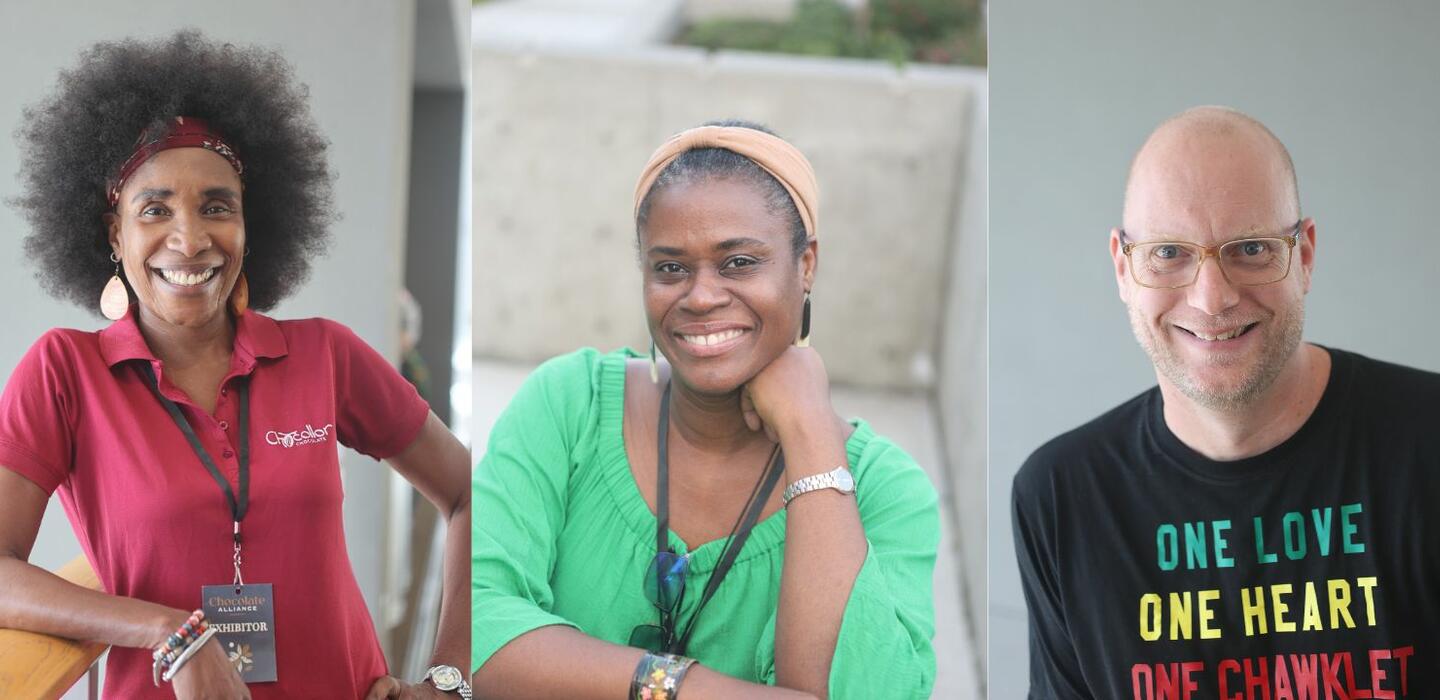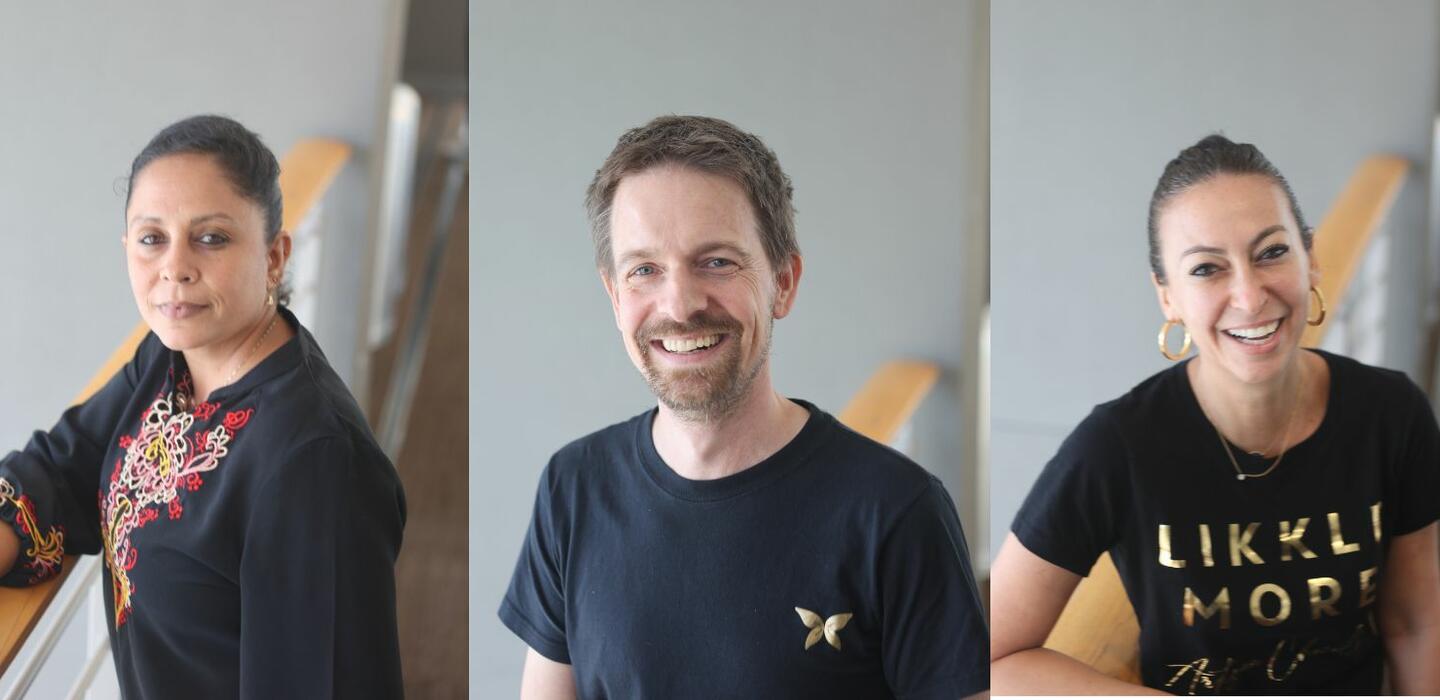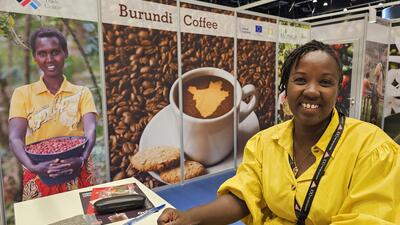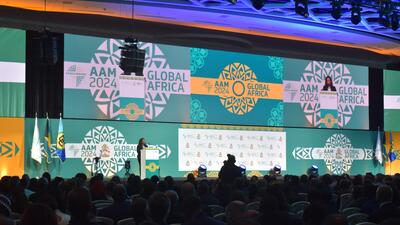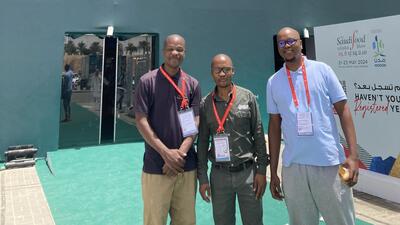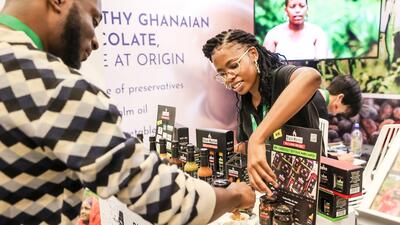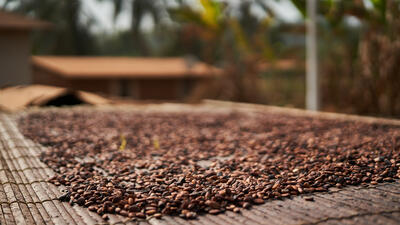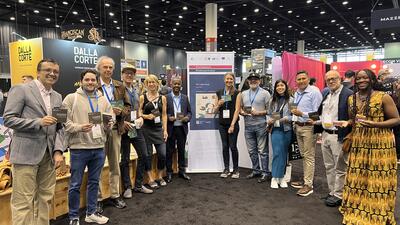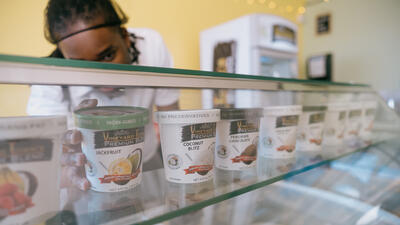

Sweetness in Seattle: Caribbean chocolate makers tap into US market
Caribbean bean-to-bar chocolate brands went to the Northwest Chocolate Festival in Seattle to explore new commercial linkages and showcase their unique products made at origin.
Today, a trade show that focuses exclusively on products and commerce is not enough. In a fragmented post-COVID world, most people are thirsty for connection and knowledge-sharing. They’re actively seeking to make commercial industries more sustainable for all.
The Northwest Chocolate Festival is a popular bean-to-bar trade show in North America that has a particular mission – to celebrate, connect and educate everyone involved in making and enjoying chocolate. Many of the event’s activities have educational features designed to promote dialogue across the industry.
A conference before the event exclusively targets professionals, bringing together bean-to-bar makers, cocoa distributors, cocoa growers, tasters and academics, and an educational programme featuring panels, talks, and tastings. These present a real opportunity to gather and solve challenges in the artisan chocolate industry.
This year, the festival attracted around 7,000 visitors to Seattle on 7 and 8 October. Among the 200 exhibitors were 10 cocoa processors and chocolate makers from the ITC Alliances for Action network in the Caribbean.
The sustainable agribusiness programme at the International Trade Centre (ITC) supports micro, small and medium-sized cocoa processors and chocolate makers in the region through technical capacity building, recipe development, product diversification and market linkages. It’s part of the ACP Business-Friendly programme funded by the European Union and the Organisation of African, Caribbean and Pacific States. The organization’s members are known as ACP nations.
Alliances for Caribbean chocolate
The ITC stand showcased cocoa and chocolate products made at origin by brands from the Dominican Republic, Haiti and Jamaica. Their participation was further supported by regional partner Prodominicana, the Dominican Republic’s export and investment centre.
The authenticity and originality drew in crowds eager to sample bean-to-bar chocolates from cocoa-growing lands. The brands sold all the stock they brought, each setting record sales of up to 500 bars.
A clear trend this year was that pure dark chocolate has taken a back seat, with chocolate makers and consumers preferring to explore fun ingredients, sweet and savoury contrasts, elements from national cuisines, complex textures, and layers of flavours. The Caribbean brands are well ahead of this trend and shined with their innovative flavour combinations.
The brands also leveraged their knowledge and skills in the event’s educational programme. ITC led a session called the Caribbean chocolate makers panel: The challenge and success of bean to bar chocolate in Jamaica, Dominican Republic and Haiti.
Dominican, Haitian, and Jamaican brands Ayitika, Mount Pleasant and Definite Chocolate shared their industry takeaways. Meanwhile, Jamaican brands Chocollor and One One Cacao and Dominican brands Milz, Kahkow and Definite Chocolate participated in the Make Mine Fine chocolate tasting series, focused on makers at origin and organized by the Fine Chocolate Industry Association.
All brands actively networked with leading pioneers from the global bean to bar sector, gleaning valuable tips and information.
About the projects
The ACP Business-Friendly programme is funded by the European Union and the Organisation of African, Caribbean and Pacific States (OACPS) and jointly implemented by ITC’s Alliances for Action, the World Bank and UNIDO. It seeks to improve the ability of agribusiness firms in ACP countries to compete, grow and prosper in domestic, regional and international markets. Through the Alliances for Action approach, it promotes inclusive and sustainable agricultural value chains that value all stakeholders from farm to shelf.




